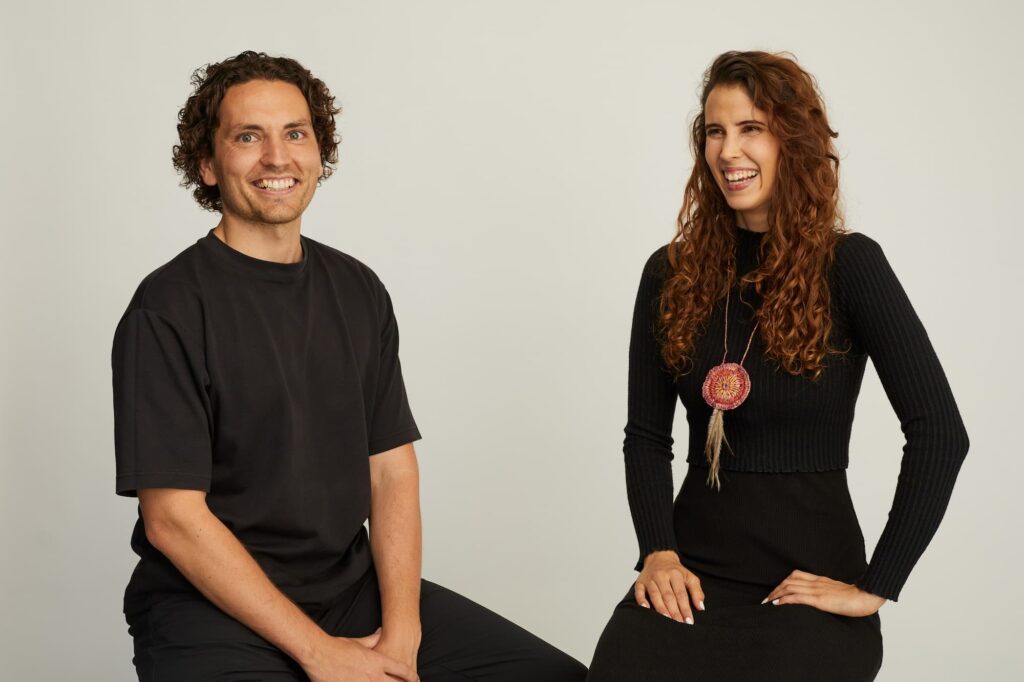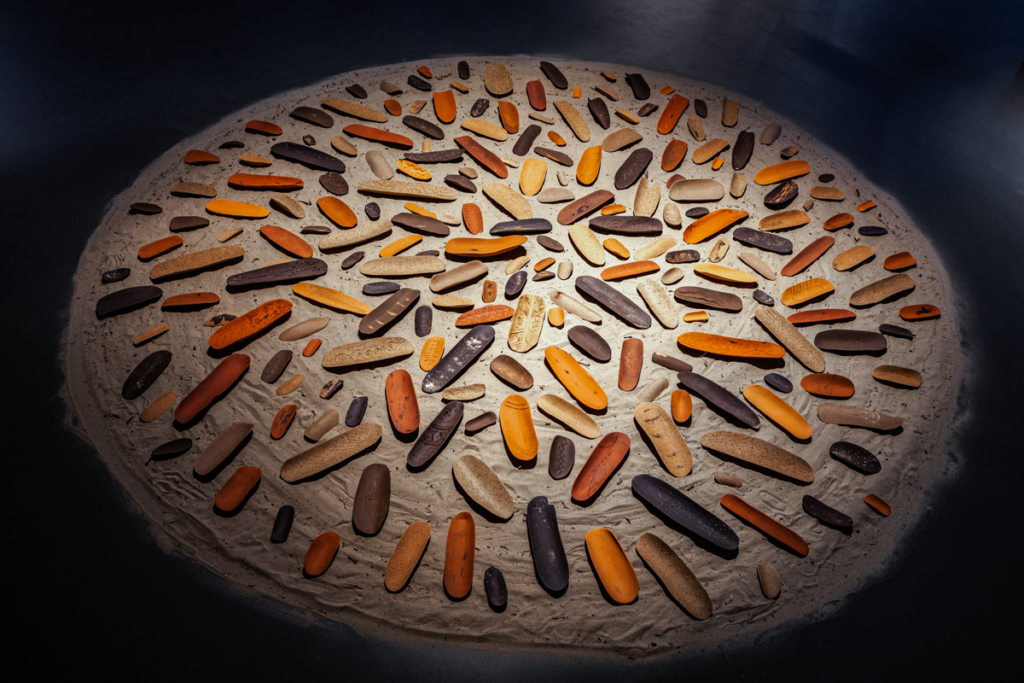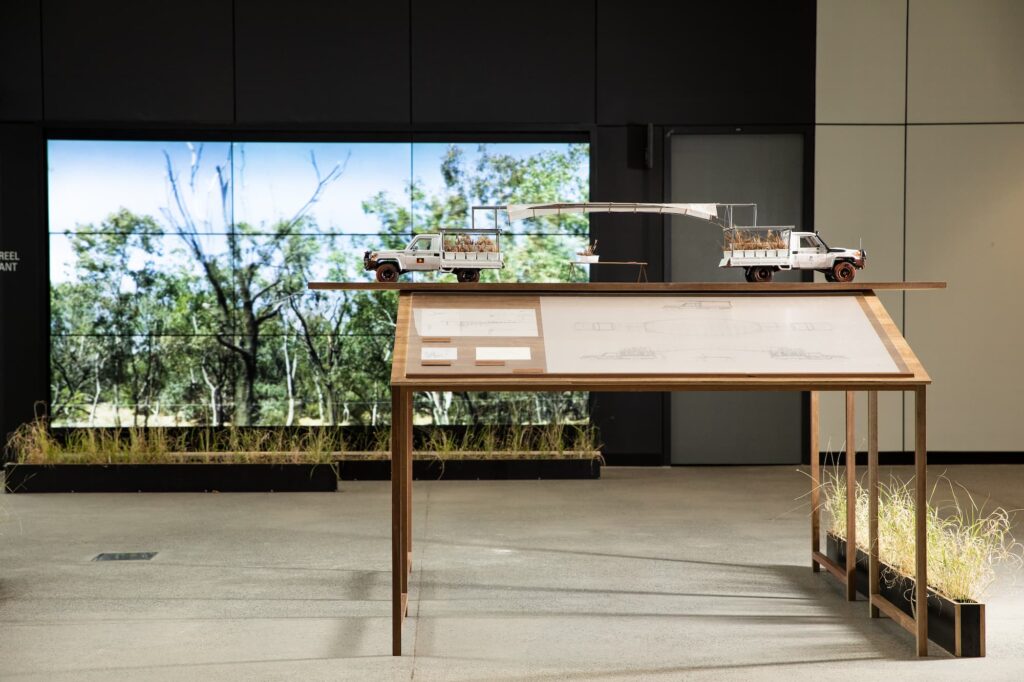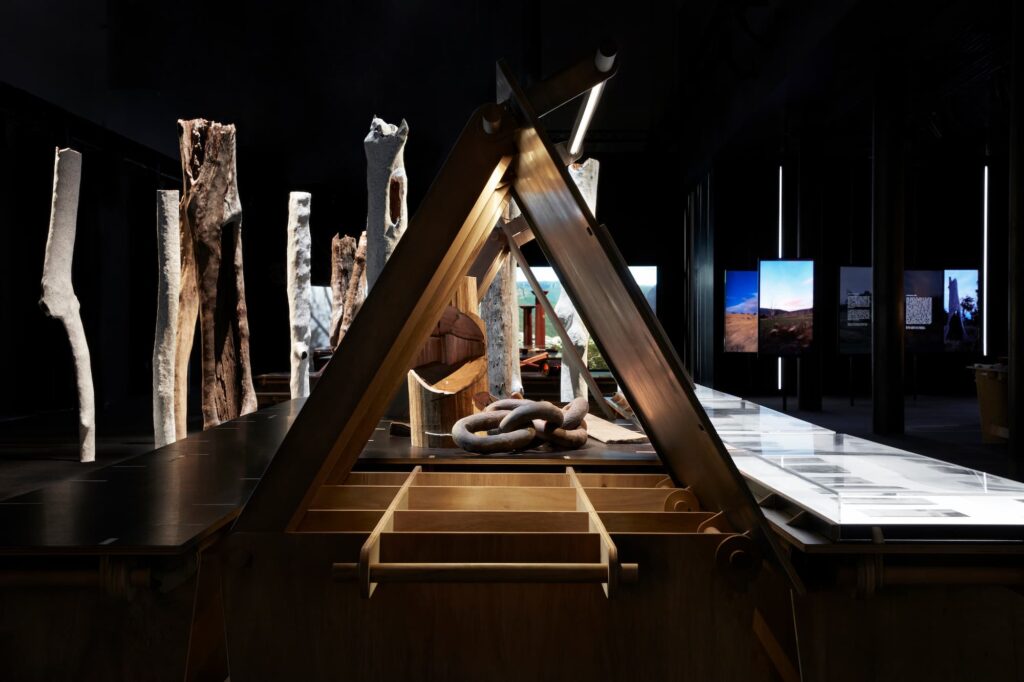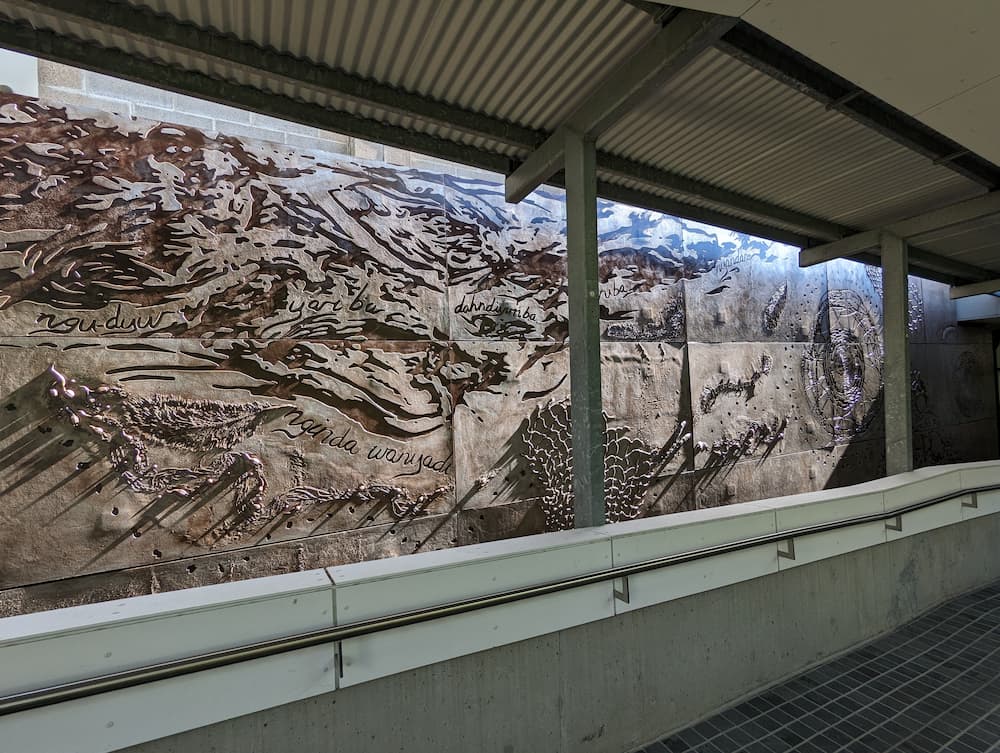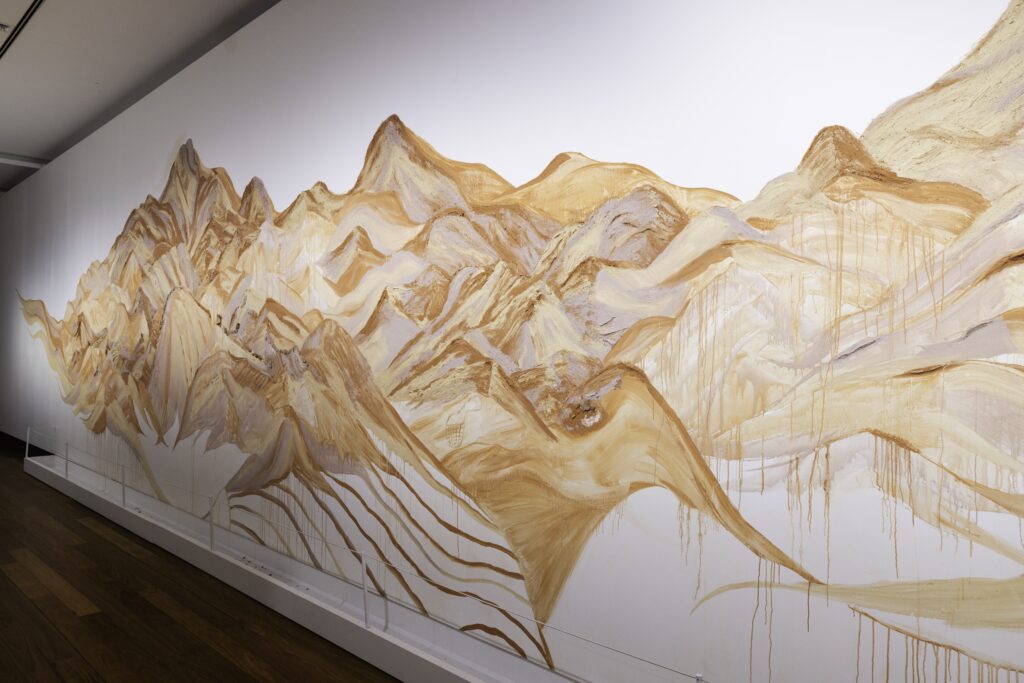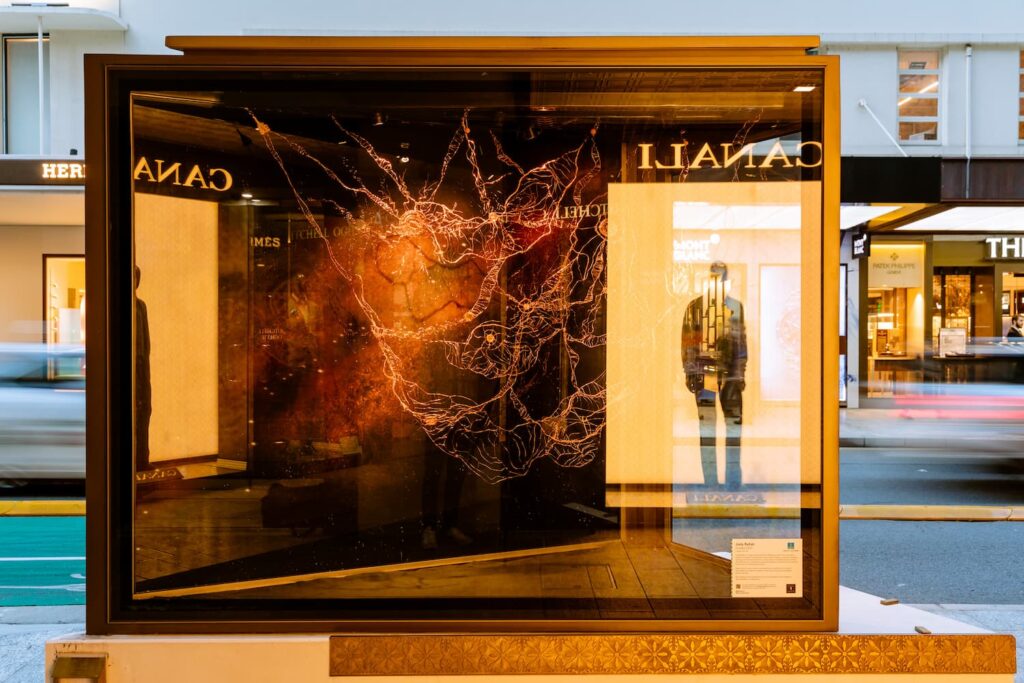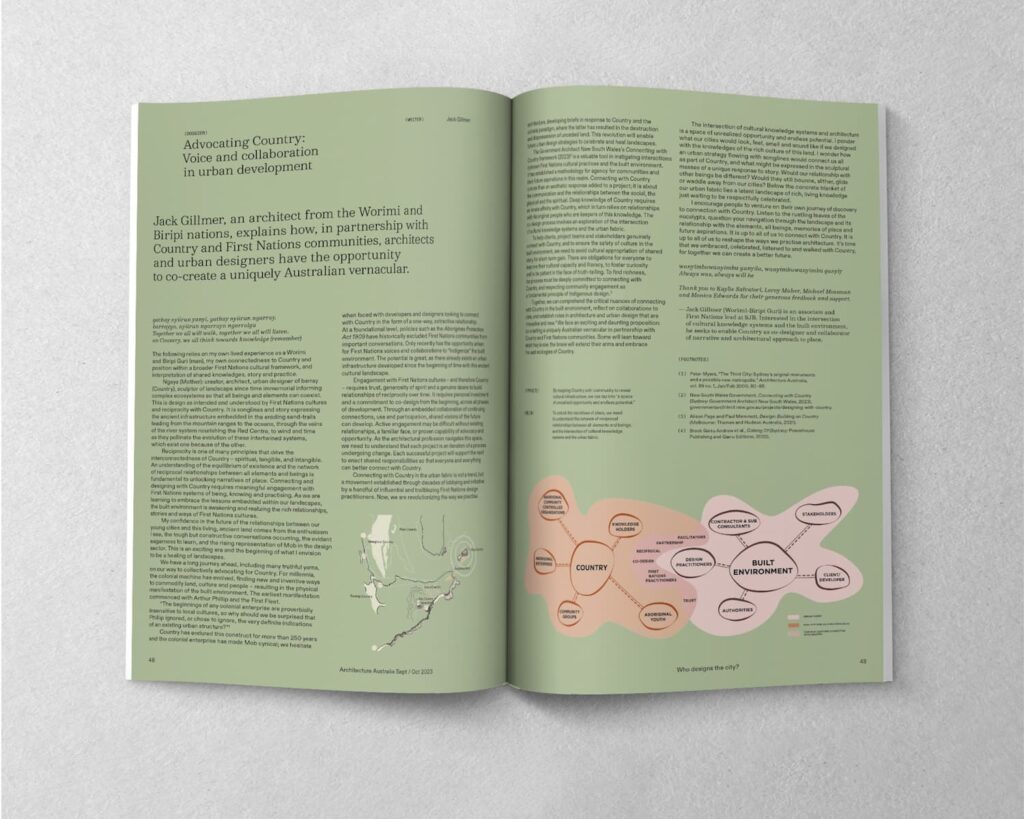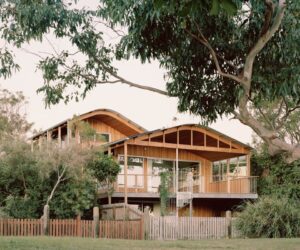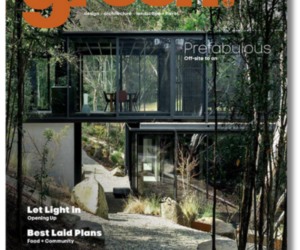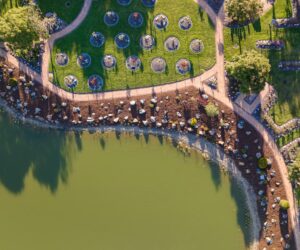2024 Galang Residency Program — Two Recipients Announced
Powerhouse Parramatta and the Cité internationale des arts have announced the two recipients of the 2024 galang residency program, which supports Australian First Nations creative practitioners through two intensive three-month residencies in Paris.
Sydney-based Worimi and Biripi guri architect Jack Gillmer and multidisciplinary Yuggera and Biri artist from Brisbane, Jody Rallah, have been selected for the second iteration of the prestigious program, which attracted expressions of interest from practitioners across the country and across a range of disciplines including jewellery design, architecture, choreography, fashion,writing and visual arts.
The galang residency selection panel consisted of Powerhouse Associate, Wiradjuri artist writer and curator Dr Brook Garru Andrew, Head of the Residency Department Cité internationale desarts Vincent Gonzalvez, and Powerhouse Associate Director First Nations Beau James. The selection panel expressed their support for Gillmer and Rallah’s proposed projects, which will inspire conversations about restitution and accessibility in the cultural sector.
“The high calibre of submissions we received for the second iteration of the galang residency highlights the incredible talent of Australia’s First Nations creative practitioners. We are looking forward to seeing the outcomes of Jack Gillmer and Jody Rallah’s projects, which will redefine the cultural sector,” said Powerhouse Chief Executive, Lisa Havilah.
Jody Rallah will be undertaking the residency in May. She will develop work that reflects her research into the application of Braille and other tactile language systems into intimate and collaborative haptic art making approaches. Rallah’s residency will also enhance her creative practice by deepening her understanding of how the built environment, architecture and curated recreational spaces can be used to facilitate cultural preservation.
“I feel overwhelmingly grateful to have this incredible opportunity to undertake this research with the galang residency. This opportunity means that I can learn more about how tactile languages (such as Braille) can provide insight into haptic art-making processes that can affect resurgent art and cultural practices in mycommunities and how this can be applied in immersive art experiences,” said Jody Rallah.
Jack Gillmer will travel to Paris in July. Throughout his residency, he will investigate the display and treatment of Indigenous artefacts and collection, reckoning with the colonial history of museology and the future of cultural material acquisition and exhibition. He will also explore th econcept of a ‘Global off-Country Keeping Place’ for cultural materials undergoing repatriation or lacking an on-Country Keeping Place.
The residency and proposition will provide Gillmer with an exciting opportunity to open restitution conversations between institutions and ‘decolonise’ museology through a framework or set of design guidelines that will give agency back to First Nations communities to reframe historical and colonial narratives.
“It feels surreal! I’m ecstatic, encouraged, and positively assertive. The residency provides support to continue exploration of my personal and professional drivers, giving agency, opportunity and voice to Traditional Custodians in areas that are inherently colonial. Using architecture as a medium of investigation, I’m excited to seethe potential this will have on defining an approach to architecture and museology to indigenise practices,” said Jack Gillmer.
For more information about the 2024 galang residency program, visit our website.
